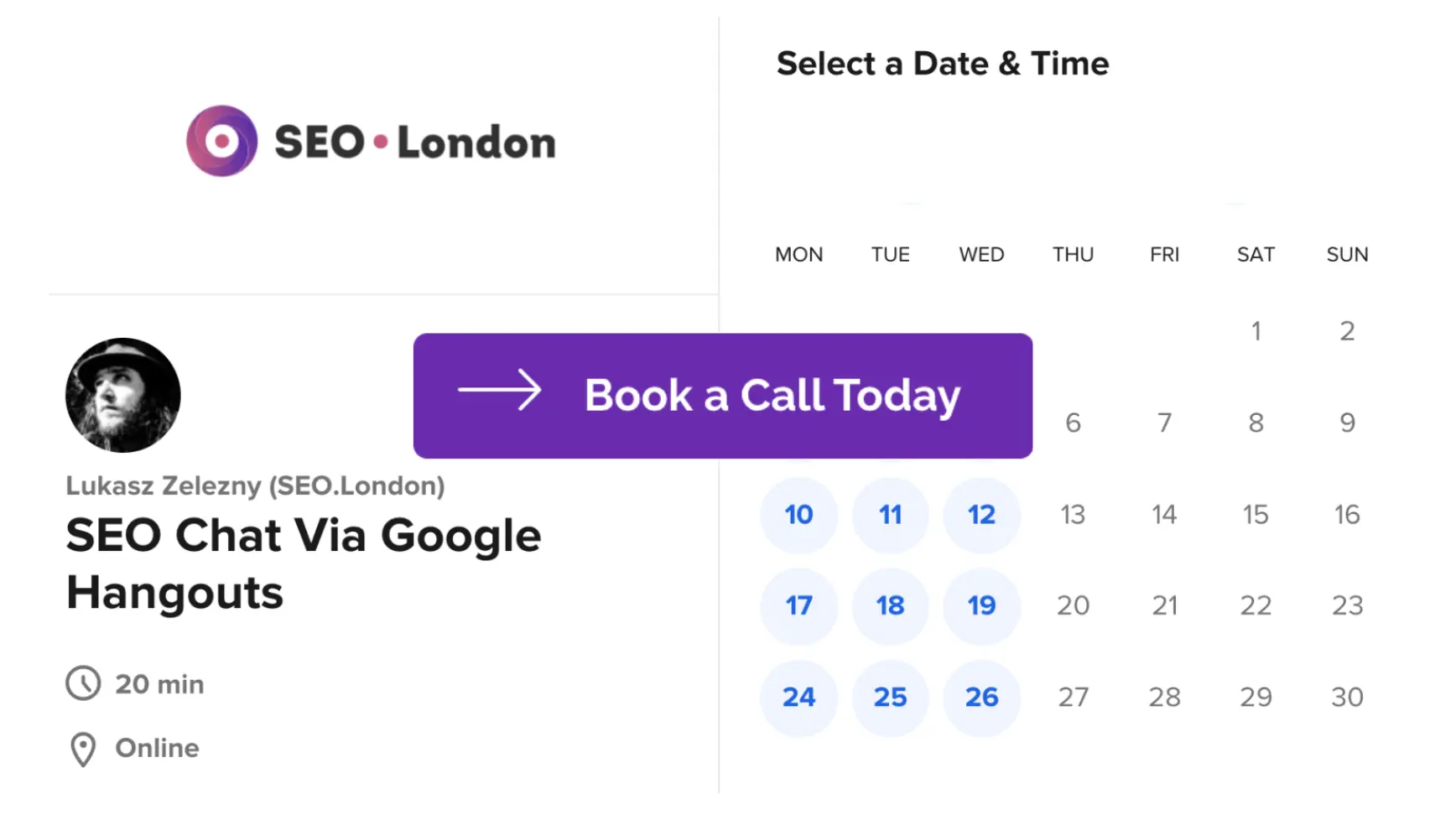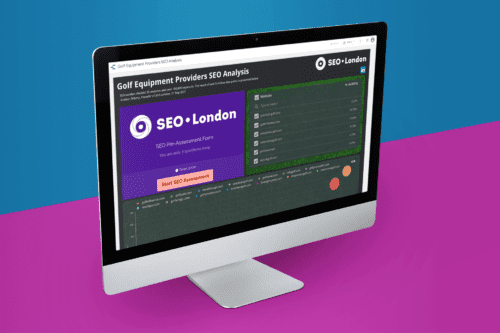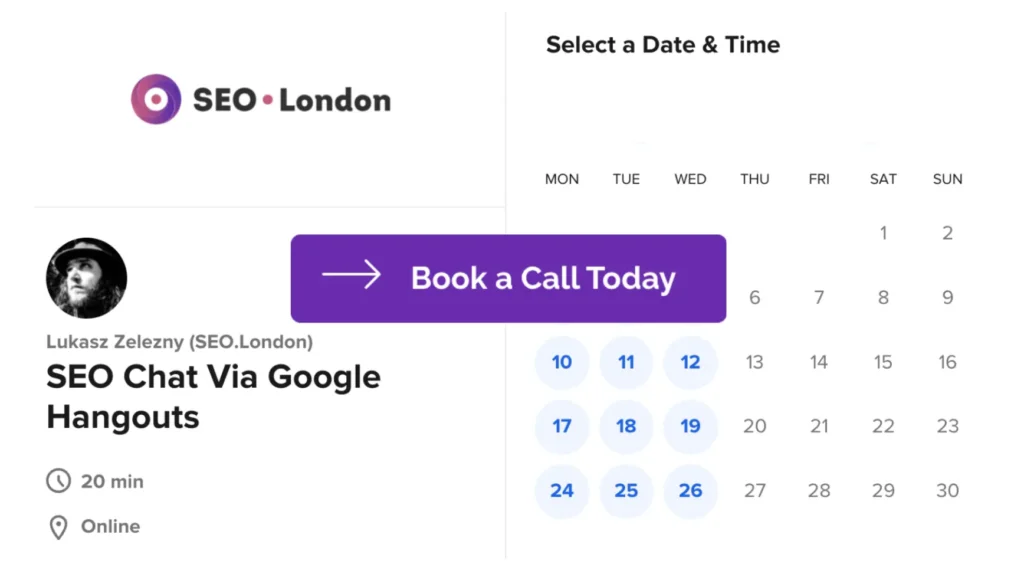How Much Should SEO Cost
In today’s digital age, understanding the cost of SEO services is crucial for businesses aiming to enhance their online presence. The question “how much does SEO cost” is one that many business owners grapple with, given the varying prices and packages offered by different agencies. SEO, or search engine optimisation, is not a one-size-fits-all service, and its pricing can depend on several factors including the scope of work, the level of competition in the industry, and the expertise of the SEO provider. This guide aims to demystify the costs associated with SEO, providing you with a clear understanding of what to expect and how to budget effectively for your SEO needs.
Understanding SEO Costs
Defining SEO Services
To understand how much SEO should cost, it’s important to define what SEO services entail. SEO, or search engine optimisation, includes a variety of tasks aimed at improving your website’s visibility on search engines. These services often involve keyword research, on-page optimisation, link building, content creation, and technical audits. Each of these tasks plays a crucial role in enhancing your website’s search engine ranking. The complexity and extent of these services can vary greatly, which directly impacts the cost. For instance, a comprehensive SEO strategy will include ongoing content updates and link-building efforts, while a basic package might focus solely on on-page optimisation. Therefore, the specific services you require will influence the overall cost of your SEO campaign. Understanding these components will help you make informed decisions and set realistic expectations for your SEO investment. Experienced SEO professionals play a vital role in executing a comprehensive SEO strategy, ensuring that all crucial elements are addressed effectively.
Factors Influencing SEO Pricing
Several factors influence how much SEO should cost. First, the scope of work is a major determinant. A larger website with numerous pages will require more optimisation efforts than a smaller site. Secondly, the level of competition in your industry also plays a role. Highly competitive niches demand more aggressive and sustained SEO strategies, which can drive up costs. Thirdly, the expertise of the SEO provider is crucial. SEO agencies offer various pricing models such as hourly consultation, project-based, and monthly retainers, and provide different SEO packages designed to cater to the specific needs of various businesses. Experienced agencies with a proven track record may charge more due to their specialised knowledge and successful outcomes. Additionally, the geographical market can affect pricing. SEO costs in major cities might be higher compared to smaller towns or rural areas. Lastly, the specific goals of your SEO campaign, such as local SEO, e-commerce SEO, or international SEO, will also influence the pricing structure. Understanding these factors will help you better estimate and plan for the costs associated with SEO.
Increase your online presence with Lukasz Zelezny, an SEO Consultant with over 20 years experience — schedule a meeting now.

Types of SEO Packages
When considering how much SEO should cost, it’s helpful to understand the different types of SEO packages available. Typically, an SEO agency offers services in three main types: basic, mid-range, and premium packages. Basic packages usually include fundamental services like keyword research, on-page optimisation, and basic reporting. These are suitable for small businesses or startups with limited budgets. Mid-range packages offer a more comprehensive approach, incorporating additional services such as content creation, link building, and detailed analytics. These packages are ideal for growing businesses aiming to expand their online presence. Premium packages provide an all-encompassing SEO strategy, including advanced services like technical audits, high-quality backlinking, and ongoing content marketing. These are best for large enterprises or highly competitive industries. Each package type caters to different needs and budgets, allowing businesses to choose the level of investment that aligns with their goals and financial capacity.
Cost Breakdown of SEO Services
Monthly Retainer Fees
Monthly retainer fees are a common pricing model in the SEO industry, offering ongoing services for a fixed monthly rate. SEO pricing models, including monthly retainers, project-based pricing, hourly consultation, and performance-based pricing, provide various options for businesses based on their needs and budgets. This model is advantageous for businesses seeking continuous SEO efforts and long-term results. The cost of a monthly retainer can vary widely, typically ranging from £500 to £5,000 or more, depending on the complexity and scope of the services provided. These fees usually cover a range of activities, including regular site audits, keyword tracking, content updates, and link-building campaigns. Additionally, ongoing reporting and analysis are included to monitor performance and adjust strategies as needed. The retainer model allows for a consistent and proactive approach to SEO, ensuring that your website remains optimised in the ever-changing digital landscape. By understanding the potential costs and benefits of a monthly retainer, businesses can better plan their SEO budget and achieve sustained online growth.
Hourly Consulting Rates
Hourly consulting rates are another common pricing structure for SEO services, ideal for businesses that need specific expertise or short-term assistance. SEO pricing models, including hourly consulting, offer various options to fit different needs and budgets. The rates for hourly consulting can range from £50 to £300 per hour, depending on the consultant’s experience and reputation. This model allows businesses to pay only for the time they need, making it a flexible and cost-effective option. Hourly consulting typically involves tasks such as SEO audits, strategy development, training sessions, or troubleshooting specific issues. It’s particularly useful for companies that already have an in-house SEO team but require additional guidance or specialised skills. However, while the hourly rate may seem attractive, costs can quickly add up for more extensive projects. Therefore, it’s essential to clearly define the scope of work and set a budget to avoid unexpected expenses. Understanding the nuances of hourly consulting rates helps businesses make informed decisions and maximise their SEO investment.
Project-Based Pricing
Project-based pricing is a popular option for businesses with specific SEO needs or one-off projects. As part of the broader SEO pricing models, project-based pricing fits alongside other models such as monthly retainers, hourly consultation, and performance-based pricing. This model involves a one-time fee for a defined set of services, such as a website audit, content overhaul, or a link-building campaign. The cost for project-based SEO can vary significantly, typically ranging from £1,000 to £30,000 or more, depending on the project’s complexity and scope. This pricing structure is advantageous for businesses that need a focused effort on a particular aspect of their SEO strategy without committing to ongoing expenses. It also allows for clear deliverables and timelines, making it easier to manage and measure the project’s success. However, since project-based work is limited in duration, it may not provide the sustained SEO benefits that long-term strategies offer. Understanding the specifics of project-based pricing helps businesses allocate their resources effectively and achieve targeted SEO goals.
Evaluating SEO Proposals
What to Look For
When evaluating SEO proposals, it’s essential to consider several key factors to ensure you receive the best value for your investment. First, look for a clear and detailed breakdown of services. The proposal should outline specific activities, timelines, and measurable outcomes. Next, assess the provider’s experience and expertise. Choosing the right SEO agency is crucial; check for case studies, client testimonials, and any industry-specific knowledge to ensure they can meet your needs. Transparency is also crucial; the proposal should explain the methodology and tools to be used, providing insight into how results will be achieved. Additionally, consider the level of communication and reporting. Regular updates and detailed reports are vital for tracking progress and making informed decisions. Lastly, ensure the proposal aligns with your business goals and budget. It should offer a customised strategy tailored to your unique needs rather than a generic, one-size-fits-all solution. By scrutinising these aspects, you can select an SEO provider that best suits your objectives and resources.
Red Flags to Avoid
When evaluating SEO proposals, be wary of certain red flags that could indicate unreliable or unethical practices. Choosing reputable SEO agencies is crucial to avoid these red flags and ensure quality service. First, avoid providers who guarantee specific rankings or instant results. SEO is a long-term strategy, and such promises are often unrealistic. Next, be cautious of proposals that lack transparency. If the methods and techniques are not clearly explained, it could suggest the use of black-hat SEO tactics, which can harm your website in the long run. Also, watch out for overly low pricing. While cost-effectiveness is important, extremely cheap services may indicate a lack of experience or commitment. Additionally, avoid providers who do not offer regular reporting and communication. Consistent updates are crucial for tracking progress and making necessary adjustments. Finally, be sceptical of one-size-fits-all solutions. A reputable SEO provider will tailor their strategy to fit your unique business needs. By recognising these red flags, you can make a more informed choice and safeguard your investment.
Comparing Different Providers
When comparing different SEO providers, it’s crucial to look beyond the surface to make an informed decision. Start by evaluating their experience and expertise. Check their portfolio, case studies, and client testimonials to gauge their proficiency and success rates. Next, consider the range of services offered. A comprehensive SEO strategy should include technical audits, on-page optimisation, content creation, and link-building. Compare the methodologies and tools each provider uses to ensure they follow industry best practices and white-hat techniques. Transparency in pricing is also important; make sure each proposal provides a detailed cost breakdown and explains what you’re paying for. Additionally, assess their communication and reporting practices. Regular updates and detailed reports are essential for tracking progress and making adjustments. Finally, ensure their approach aligns with your business goals and budget. By carefully comparing different SEO agencies, you can select the one that best meets your needs and offers the most value.
Get More Customers Online with Lukasz Zelezny, an SEO Consultant with over 20 years experience — schedule a meeting now.

Budgeting for SEO
Setting Realistic Expectations
Setting realistic expectations is crucial when budgeting for SEO. SEO is a long-term investment that requires time and consistent effort to yield tangible results. Unlike paid advertising, where results can be immediate, SEO improvements can take several months to become evident. It’s essential to understand that factors such as the competitiveness of your industry, the current state of your website, and the specific goals of your campaign will influence the timeline and outcomes. Additionally, while higher budgets can accelerate progress and broaden the scope of services, even modest investments can lead to significant improvements over time. Communicate openly with your SEO provider about your objectives and budget constraints to develop a tailored strategy that aligns with your expectations. By setting realistic goals and understanding the gradual nature of SEO, businesses can better allocate resources and remain patient as their online presence grows. Ultimately, the long-term goal is to improve rankings on search engine results pages (SERPs), enhancing visibility and digital footprint.
Allocating Your Marketing Budget
Allocating your marketing budget effectively is essential for maximising your return on investment in SEO. SEO agencies can help you allocate your budget effectively by offering various pricing models and tailored SEO packages. First, determine the percentage of your overall marketing budget that will be dedicated to SEO. This amount can vary depending on your business size, industry, and growth goals. A common recommendation is to allocate 20-30% of your marketing budget to SEO. Next, consider how this SEO budget will be distributed among various activities, such as on-page optimisation, content creation, link building, and technical audits. Prioritising these tasks based on your specific needs will help you make the most of your investment. Additionally, set aside funds for ongoing monitoring and adjustments, as SEO requires continuous effort. Collaborate with your SEO provider to create a detailed plan that aligns with your budget and objectives. By strategically allocating your marketing budget, you can ensure that your SEO efforts contribute meaningfully to your overall business growth.
What to ask an SEO Consultant
ROI Considerations
When budgeting for SEO, it’s vital to consider the return on investment (ROI). Unlike short-term marketing strategies, SEO’s benefits accumulate over time, making it a cost-effective option in the long run. To gauge ROI, first establish clear, measurable goals such as increased organic traffic, higher search engine rankings, or improved conversion rates. Monitoring these metrics helps you track progress and assess the effectiveness of your SEO campaign. Additionally, consider the lifetime value (LTV) of new customers acquired through organic search. Higher LTV means greater long-term revenue, which justifies the initial investment in SEO. It’s also essential to factor in cost savings from reduced reliance on paid advertising. While initial SEO costs can be high, the sustained organic traffic generated can significantly lower overall marketing expenses. By understanding these ROI considerations, businesses can make informed decisions about their SEO budget and appreciate the long-term value of their investment. Experienced SEO professionals play a crucial role in achieving a good ROI by leveraging their expertise to set and execute effective SEO strategies.
Making the Right Choice
Choosing the Right Provider
Choosing the right SEO provider is crucial for the success of your digital marketing strategy. Start by researching different SEO agencies thoroughly. Look for agencies with a proven track record, demonstrated through case studies, client testimonials, and industry awards. Experience in your specific industry can be a significant advantage, as it indicates familiarity with the unique challenges and opportunities you face. Next, consider the range of services offered and ensure they align with your SEO needs. Transparency is key; the provider should clearly explain their methods, tools, and expected outcomes. Communication is also vital; choose a provider that offers regular updates and is responsive to your queries. Lastly, evaluate their pricing structure to ensure it fits within your budget without compromising on quality. By carefully considering these factors, you can select an SEO provider that will deliver results and contribute to your business’s long-term growth.
Balancing Cost and Quality
Balancing cost and quality is essential when selecting an SEO provider. While it might be tempting to opt for the cheapest option, low-cost services often come with compromises in quality and effectiveness. Instead, focus on finding a provider that offers a fair price for comprehensive, high-quality services. Look for transparency in pricing, ensuring there are no hidden fees. Evaluate the value provided rather than just the cost. A higher upfront investment in quality SEO can yield better long-term results, driving more organic traffic and higher conversions. Additionally, consider the provider’s approach and techniques. Ethical, white-hat SEO practices might cost more but are crucial for sustainable success and avoiding penalties from search engines. Open communication about your budget and goals will help you find a provider willing to tailor their services to meet your needs without sacrificing quality. By balancing cost and quality, you can achieve meaningful, lasting improvements in your online presence. Experienced SEO professionals play a crucial role in this balance, as their expertise ensures that all critical elements are addressed, providing scalable and effective services.
Long-Term SEO Investment
Viewing SEO as a long-term investment is crucial for achieving sustainable online success, and choosing the right SEO agency is essential for this journey. Unlike short-term marketing tactics, SEO efforts build over time, creating lasting improvements in your website’s visibility and performance. Investing in long-term SEO means committing to ongoing optimisation, content creation, and link-building strategies. These efforts not only drive organic traffic but also enhance user experience and credibility. It’s important to set realistic expectations, as significant results typically take several months to materialise. However, the benefits of a well-executed SEO strategy, such as higher search rankings and increased conversions, can far outweigh the initial costs. Regularly reviewing and adjusting your strategy ensures it remains effective amid changing search engine algorithms and market trends. By committing to a long-term SEO investment, businesses can secure a competitive edge, build brand authority



